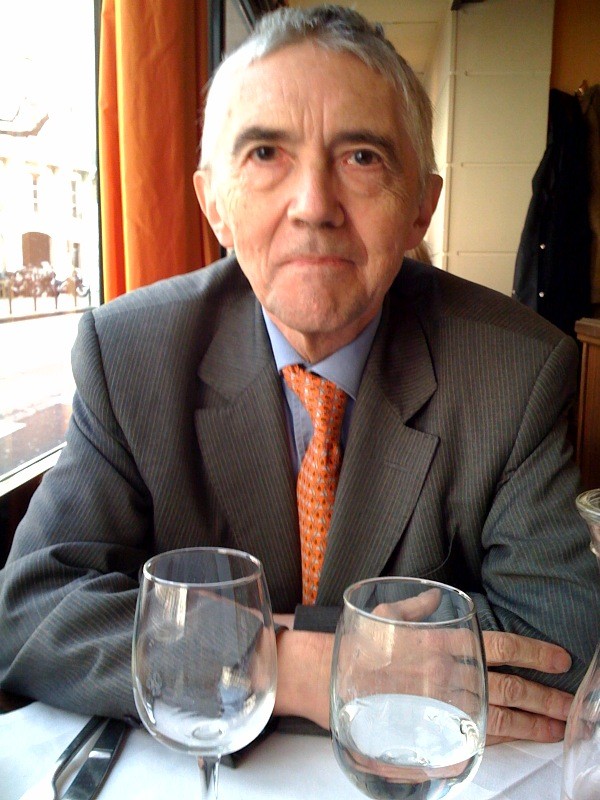In a recent article, the New York Times provides an extensive list of the American media executives who will be on a "hot seat" in 2015. The same could be said of the French legacy media.
Let us start with group Express. Its flagship publication, the newsmagazine Express has been in trouble for 2 years with a sharp fall in advertising and a slow decline of circulation. Many observers consider that the era of newsmagazines is over in France as in Germany or the US and that Express has no future. The group's owner, Rick de Nolf faces the unhappy dilemma of keeping the ailing publication or selling it at a discount rate. He bought the group 10 years ago for 220 millions € and according to bankers, its present value is around 50 millions.
The two other newsmagazines, Le Point and l'Obs are not in a much better shape. They see their advertising income going South and suffer from the competition of the websites which are very dynamic indeed. It seems that only one of them can survive and 2015 will be the year of reckoning.
Dailies do not fare much better. Once again, le Monde will be in the red. Its selling price will go up to 2.20€ which will mean a new decrease of its circulation combined with low expectations in advertising. And yet, the print makes 80% of the income of the newspaper. Le Monde should definitely improve its marketing policy to boost its print and digital subscriptions.
Regional newspapers will probably face another year of decline of advertising and classified at a pace of 8% a year. In 2015, attention will focus on Sud Ouest which is trying to sell its sister daily Midi Libre and has to repay a loan to its bankers. It is obvious that new partners will have to be found, very soon.
Are digital media ready to take over? There again, the picture is mixed. Apart from le Monde and le Figaro, the legacy media websites are not profitable. Pure players are also lagging behind their Anglo-Saxon competitors, Mediapart being the only success story. By the end of this coming year, Politico will open a site in Brussels, followed by the Guardian and more and more French people read English.
However, the most interesting challenge of 2015 will be the digital coverage of local news. There, new opportunities should be seized.
Monday, December 29, 2014
Monday, December 1, 2014
local news on the Web
I have mentioned many times the hard fact that local news are not a web favorite. Their readership is sparse, their sponsors are few or depend too much on local government. However, the fate of democracy in Europe or in the US is highly dependant on a comprehensive coverage of local politics and economic challenges.
In France, no regional newspaper, whether it is Ouest France, Sud Ouest or Voix du Nord has been able to launch a credible alternative to the print. It raises a big question: are legacy media better placed to innovate on the Web? They still raise enough money through the print to finance a big newsroom and a network of local correspondants but it won't last. Advertising is running away and will never come back. Permanent losses are the future.
So what about a pure player? It is possible, as long as it covers a huge territory, lets say South East or Britanny. In that case it should have a small team of journalists working on long papers dealing with the major dossiers of the region and a powerful network of corresponadnats able to cover every part of the zone.
What about the public? It should be a population of motivated internauts, willing to pay a monthly subscription, provided that they are permanently informed on what is happening in the neighbourhood. Forget the daily publication of a bundle of news. It is not what they look for. They use more and more smartphones, very good for breaking news, not so easy for long papers which are less urgent and can be read once a week on a tablet or a computer.
Does this population exist? I believe so but it requires fast and valuable news. There is plenty of it in every city. You just need to look for it and deliver it immediately. Then people will agree to pay.
Subscribe to:
Posts (Atom)
